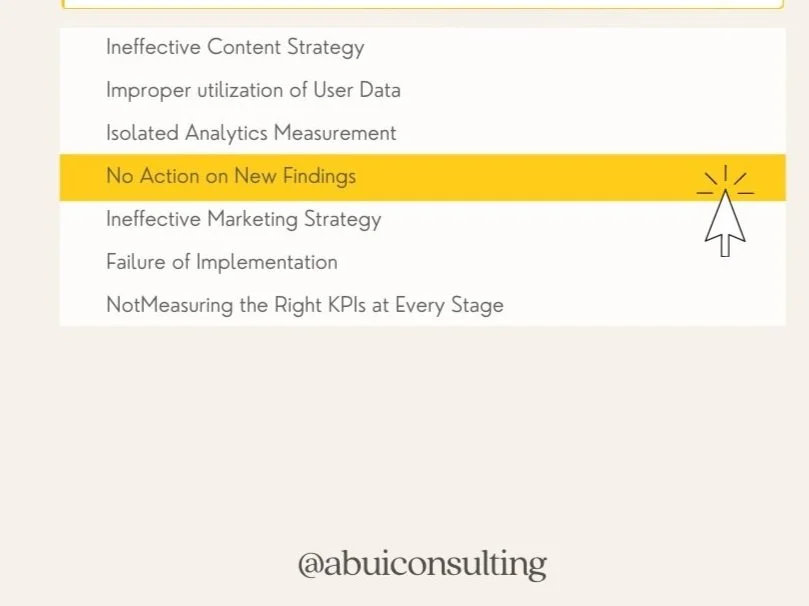Omnichannel Marketing Mistakes to Avoid
An omnichannel retail strategy enhances the consumer experience and expands the number of buying channels available to customers–whether on mobile, online or in stores. Sales and visitors increase due to the availability of different purchasing methods. On the other hand, Omnichannel clients spend 15 to 30% more than single or multi-channel customers. According to a survey conducted by Google, Ipsos MediaCT, and Sterling Brands, 75 percent of consumers are more inclined to visit a business after finding local retail information on the internet. By utilizing several channels, omnichannel retail boosts revenue from online sales and draws significant visitation to physical stores, resulting in even more income.
Ineffective Content Strategy
An omnichannel marketing strategy’s effectiveness hinges on its content. Your campaign will undoubtedly fail if your content approach is ineffective. Customers interact with your brand through various channels, including social media, mobile apps, websites, and more. They also correspond to multiple stages in the buyer’s journey. A scattergun approach will make your content useless to specific user categories, thus putting you at a disadvantage to your competition.
Improper Utilization of User Data
Using user data to its full potential can be hampered by disparate systems and outdated data. When users interact with a brand, they leave a trail of contact numbers, email addresses, and more. According to Neustar, 60% of this data will be obsolete in two years. Within a year, 37% of people in the US update their contact information, rendering the collected information obsolete. There’s also a disconnect between the teams in charge of various channels and systems.
Isolated Analytics Measurement
In a study focused on the problems and potential of the omnichannel customer experience, Glen Cook discussed the difficulties in monitoring the performance of locations supporting internet sales.
According to Cook, traditional measurements such as sales, profit, and turnover can make retailers appear unprofitable in the omnichannel context. It must be evaluated in terms of its value to the sales process.
Because the distinctions between offline and online channels are blurring, quantifying the effectiveness of individual touchpoints will not provide a holistic view of how your strategy fared, and these false insights may lead to poor decision-making.
No Action on New Findings
According to a poll performed by CMO Council and RedPoint Global, marketers are unsure how to use existing data to improve customer experiences. It also shows that even though 42% of marketers have installed more than ten marketing, data, and analytics solutions, only 3% believe they are correctly connected and aligned with systems and data. Given the significant insights this data can provide about the customer and their purchase behavior, this is a definite cause for concern. Failure to take meaningful moves based on the available data can result in a completely ineffective marketing campaign.
Ineffective Marketing Strategy
Marketers are aware of the promise of omnichannel marketing, but most of them cannot put together a successful strategy. Most customers suffer because of the brand’s disconnected experience, resulting from poor design.
Failure of Implementation
According to a study conducted by Yes Lifecycle Marketing, two-thirds of marketing executives at significant firms find it challenging to manage campaigns across several platforms. One of the critical causes for failure in implementation, according to the report, is silos and organizational structure. To make matters worse, the emergence of new channels like social media and smartphone apps has made implementation even more difficult.
Not Measuring the Right KPIs at Every Stage
Marketers must guarantee that the entire omnichannel customer journey provides a consistent experience for the buyer to be effective. The buyer’s journey is divided into four stages: awareness, engagement, conversion, and delight. While marketers track the campaign’s overall effectiveness, they neglect to follow the KPIs at each step of the buyer’s journey. This makes it difficult for the marketer to derive relevant insights about each stage of the trip and makes it difficult to improve the customer’s experience.
Whatever your marketing automation needs may be, chances are we’ve helped others meet those goals or overcome those obstacles, so let’s get your omnichannel marketing where it needs to be!


